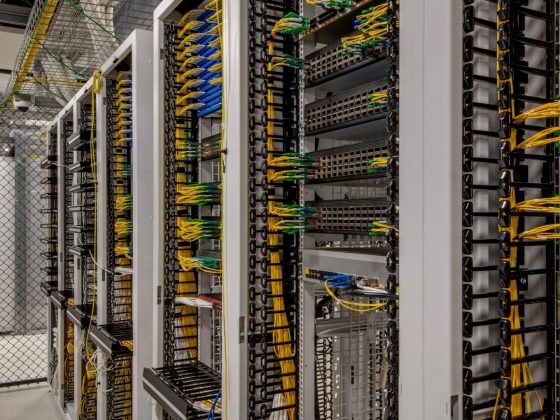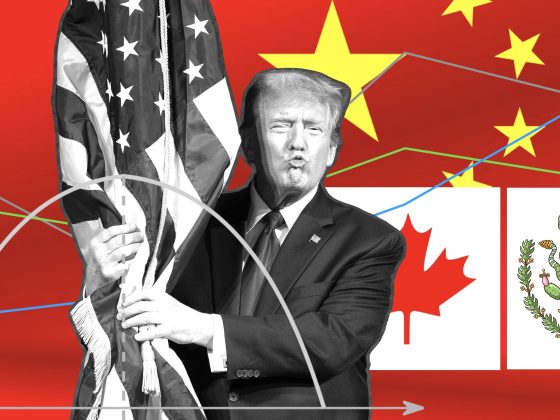The new decade is quite fragile in terms of the state of the world economy. In order to solidify economic growth, chief economists both from the public and private sectors said that policymakers and business leaders should focus on six priorities for action.
This is according to a recently released report of the World Economic Forum (WEF), Taking the Pulse of the New Economy: Chief Economists’ Outlook.
Let’s look at each one by one.
1. Focus on fiscal policy
WEF said that a balance between monetary and fiscal policy must be established in the new decade. According to them, a flexible fiscal policy will support the economy across multiple sectors. Some of these sectors include:
- workforce reskilling and upscaling efforts
- updated social safety nets
- green investments
These sectors were also cited by WEF in their report as possibly instrumental to driving positive growth in the economy in the succeeding years.
However, their ability to do such a feat is heavily reliant on strong policy, especially now that we are in an era where trust in institutions has practically crumbled.
2. Upgrade competition policy
There is an urgent need to revisit competition frameworks especially in market sectors which are exponentially growing.
In the technology sector, for instance, those in possession of critical infrastructure and data have the power to eliminate competition by depriving others of access to these things.
Such anti-competitive behaviour is not yet addressed in the existing policies. With the rate that the technology sector is growing, this step is crucial to maintain market vibrancy and to ensure that everyone has the opportunity to participate in the market.
3. Rethink social safety nets
Governments should also rethink social safety nets in order to accommodate the rising digital economy. This is because the accelerated growth in this sector also entails a spike in work volatility. Social safety nets are important in supporting the frequent job transitions of workers.
4. Facilitate the green transition
The transition to a greener economy needs to happen urgently given the state of our environment. However, a green economy should also be backed up by a strong policy action that will allow benefits to be felt across stakeholders.
A green economy will inevitably lead to constraints for both consumers and producers. This constraint directly affects economic behaviour and therefore will yield some losses. A strong policy to facilitate the green transition will also help mitigate these losses.
5. Accelerate ESG implementation
The implementation of environmental, social, and governance (ESG) criteria will ensure that environmental and social impact will be constantly and reliably measured. This way, accountability is maintained in business operations.
6. Shape the digital transition
Now that more and more business models are undergoing digitization, there is also a strong need to address gaps such as:
- Securing personal data
- Safeguards against cybercrime
- Algorithmic biases
- Big-data enabled discrimination
Business leaders should start recognizing these gaps in order to make sure that everyone will be treated fairly and will benefit from the transition.
The challenges ahead of us in this new decade can be addressed by grabbing these opportunities before us. By taking action to ensure the materialization of these changes, we can ensure equitable outcomes for everyone.









